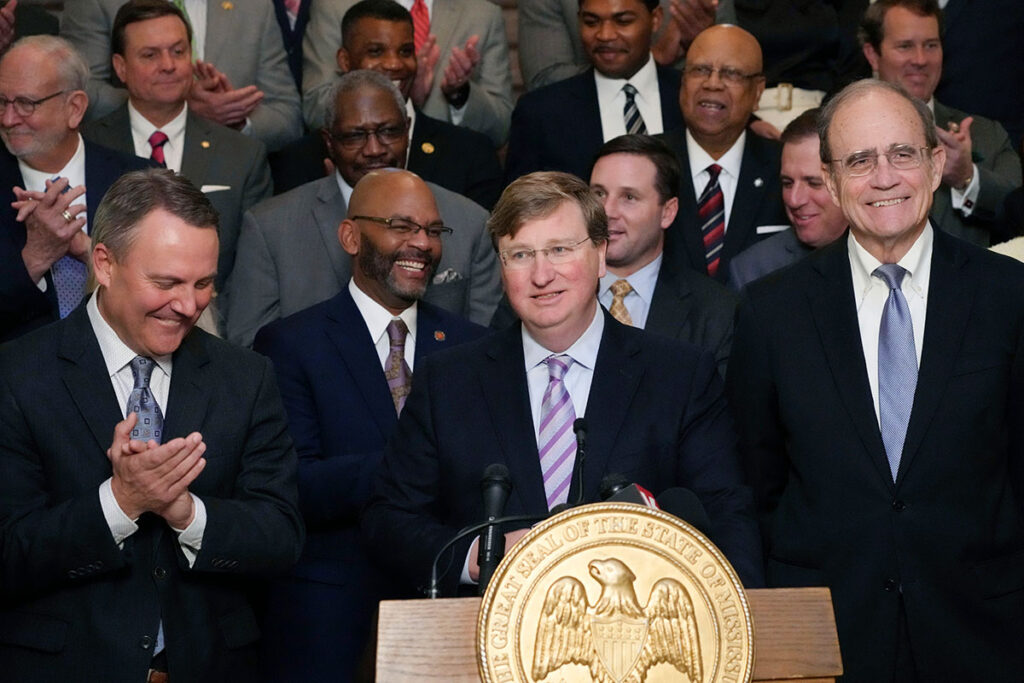Drives are getting longer for many sick Mississippians who need emergency care as hospitals close. School teachers in parts of the state continue to struggle to teach students without enough supplies and funding. And voters continue wondering when lawmakers will restore their right to put issues on the ballot.
As state lawmakers close out the first month of the 2024 legislative session, here’s a rundown of some of the issues legislators, state leaders and advocates want to address.
Ballot Initiatives
The ballot initiative allowed Mississippians to put issues they care about on the ballot. The 1992 constitutional amendment that created the system required a person or organization to gather over 106,190 signatures throughout the five congressional districts, with only up to 20% of the requisite signatures coming from any one district.
But after the 2000 census, the state lost one congressional district. For almost two decades after, secretaries of state, including current Republican Secretary of State Michael Watson, interpreted the law as still valid so long as petitioners collected signatures from each of the former five congressional districts as the lines existed before 2000 redistricting.
But the Mississippi Supreme Court did not address the matter until 2021 after the City of Madison, Miss., filed against Initiative 65—a ballot initiative voters overwhelmingly adopted in 2020 to legalize medical marijuana. The Court ruled 6-3 that Initiative 65 was invalid while nullifying the ballot initiative system in the absence of a fifth district.
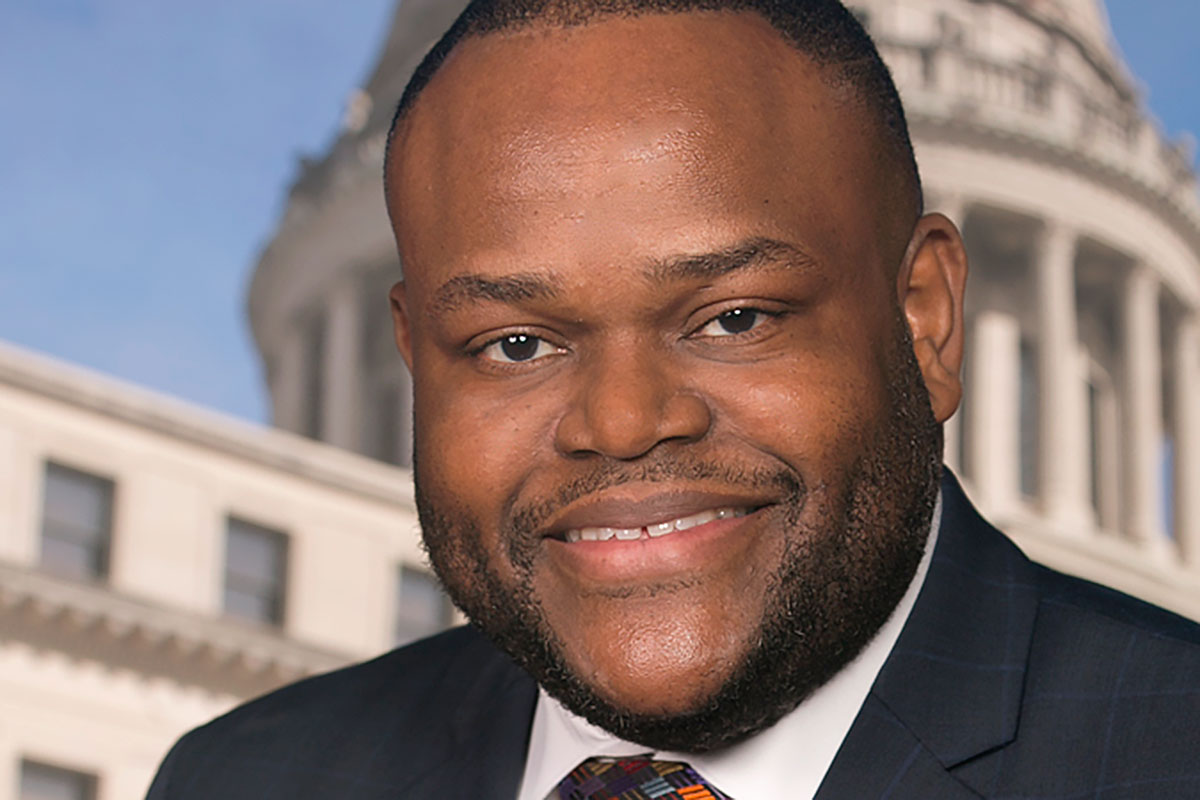
“By that little small technicality of the fifth congressional seat, the voters have been stripped of their right to be able to have their voice heard,” Rep. Otis Anthony told the Mississippi Free Press on Jan. 5.
Legislators have brought up restoring the ballot initiative in the past two legislative sessions, but the movement was unsuccessful. Anthony said Ballot Access Mississippi, a nonpartisan organization advocating to restore the ballot initiative, is determined to pass the measure this session.
“I think we’ve got a bipartisan group now that wants to see this passed, and so it’s encouraging now I believe, and I’ll think we’ll see some movement—some traction,” said the lawmaker, who is on Ballot Access Mississippi’s board.
The House passed a bill on Jan. 24 that would bring back the ballot initiative but would bar Mississippians from changing the state’s abortion laws or right-to-work laws in a statewide election.
“The abortion issue has been an issue that the majority of the House has championed for the past decade,” Republican Rep. Fred Shanks of Brandon said. “The House was the force that overturned Roe v. Wade. It was no one else. It was us. And I just don’t think we want to be messing with it.”
Health Care
With hospitals closing or cutting services and residents facing some of the worst health outcomes in the country, public-health leaders and experts are urging lawmakers to take action. A committee reviewing maternal mortality rates at the Mississippi State Department of Health has noted its support for Medicaid expansion, which some experts say could add over 200,000 working Mississippians to the Medicaid rolls. The federal government would give the state almost $1 billion if leaders expand Medicaid access. Last year, multiple Medicaid-expansion bills died in committee.
“Medicaid expansion should be incorporated for rural hospitals to remain open and include access to telehealth services,” a Dec. 6 MSDH news release says. “There is a need for rural healthcare facilities to provide higher levels of critical care, recruit and retain adequate providers, and have access to life-saving equipment, especially in the most vulnerable areas of the state.”

However, Republican Gov. Tate Reeves has long opposed Medicaid expansion and instead announced a Medicaid reimbursement reform plan during his reelection campaign last year. The U.S. Centers for Medicare and Medicaid Services approved part of the plan in December 2023 but has yet to approve the rest
“In total, this component of the plan will generate approximately $600 million for Mississippi hospitals,” a Dec. 13 press release from the governor’s office said.
In a Jan. 9 column, Republican Lt. Gov. Delbert Hosemann said the state has made steps to improve the health-care system, but more work is still to be done.
“No person should be 30 minutes from an emergency room, preventative care should be the norm, and medical debt should not be bankrupting Mississippi families,” he wrote.

Hosemann did not outline a solution to the problems but said that his office is “laser focused on long-term systemic change.” In a statement to the Mississippi Free Press, he said lawmakers will address the state’s health care during this year’s legislative session. The lieutenant governor serves as president of the senate, appoints committee chairs who decide which legislation to prioritize and advance and can use his vote to break ties.
“We’re going to be holding health-care hearings in the Senate, so we will see where this testimony leads us,” he said in a statement to the Mississippi Free Press on Jan. 16. “Concerns about health care are numerous in Mississippi, from lack of insurance to pharmaceutical costs to our actual health-care infrastructure and workforce. I’m hopeful we can begin finding solutions, working with the House and our partners in the health-care industry, to many of these challenges.”
Education
The Parents’ Campaign advocates for public-school education in Mississippi. Executive Director Nancy Loome said children in poverty suffer the most in schools “not because of ability” but because of the resources they lack at home.
In an interview with the Mississippi Free Press on Jan. 4, she said that providing resources to public schools is critical for children’s success in the classroom and beyond, explaining that training teachers in the “science of reading” boosts literacy in fourth through eighth graders and beyond. The state has focused on kindergarten through third-grade literacy and has seen major improvements over the years, but older kids have not shown as much improvement, she noted.
“Public schools in Mississippi have really been making remarkable progress, and the truth is that they have been making this incremental progress for three decades,” Loome said.
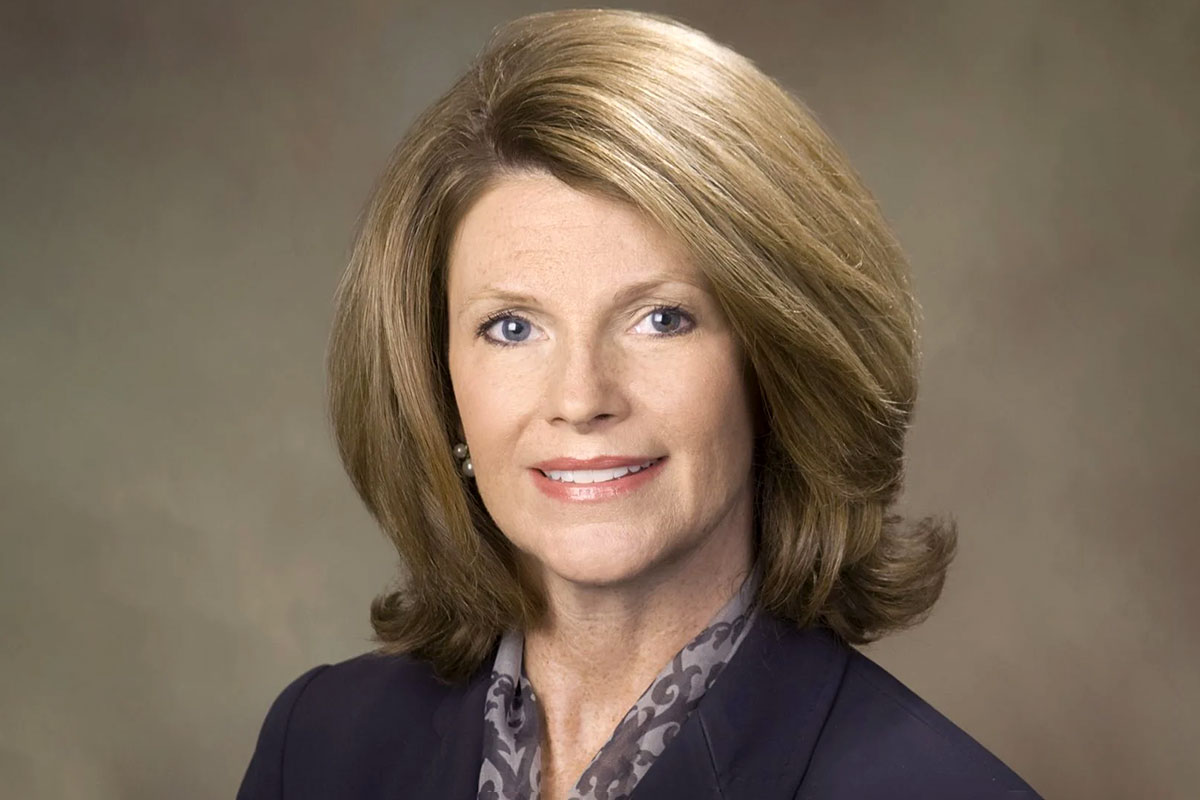
The director said pandemic funding that the public education system has been using to boost literacy teaching is “running out” and that the Parents’ Campaign wants to see the Legislature devote more money to public education.
“A lot of those programs that have been so important in moving the needle on proficiency will go away if the Legislature doesn’t step in and provide some additional funding. And they can do that simply by fully funding their obligation in law to our schools,” Loome said. “This year, we’re underfunded by $176 million.”
Legislators must also increase teachers’ salaries to be more competitive on the national level, she said. Despite the Legislature passing and Gov. Tate Reeves signing the largest teacher pay raise in the state’s history in 2022, Loome said it did not improve the state’s ranking in the long run because other states also increased their teachers’ salaries. She said Mississippi no longer has competitive wages among neighboring states.
During a joint session of the Mississippi Legislature on Jan. 4, Lt. Gov. Delbert Hosemann proposed a “Last Dollar Tuition” program, which would offer free tuition to community college students who met grade-point average standards and other requirements. That day, House Speaker Jason White said he is considering asking the House to reform the State’s public school spending formula, the Mississippi Adequate Education Education Program.
Campaign Finance Reform
Mississippi Secretary of State Michael Watson is pushing lawmakers to enact campaign finance reforms that could offer more transparency and set tighter rules on political-action committees. PACS and candidates for local state and judicial offices in Mississippi must file their campaign finance reports with his office.
Watson’s office shared a list of plans for legislation he wants to see enacted this session with the Mississippi Free Press on Jan. 10. The proposals include efforts to reform campaign finances and place them under one agency, make a new searchable filing system, ban political-action committees from contributing to each other, “establish campaign audits” and “sunset ‘old money’ accounts.”
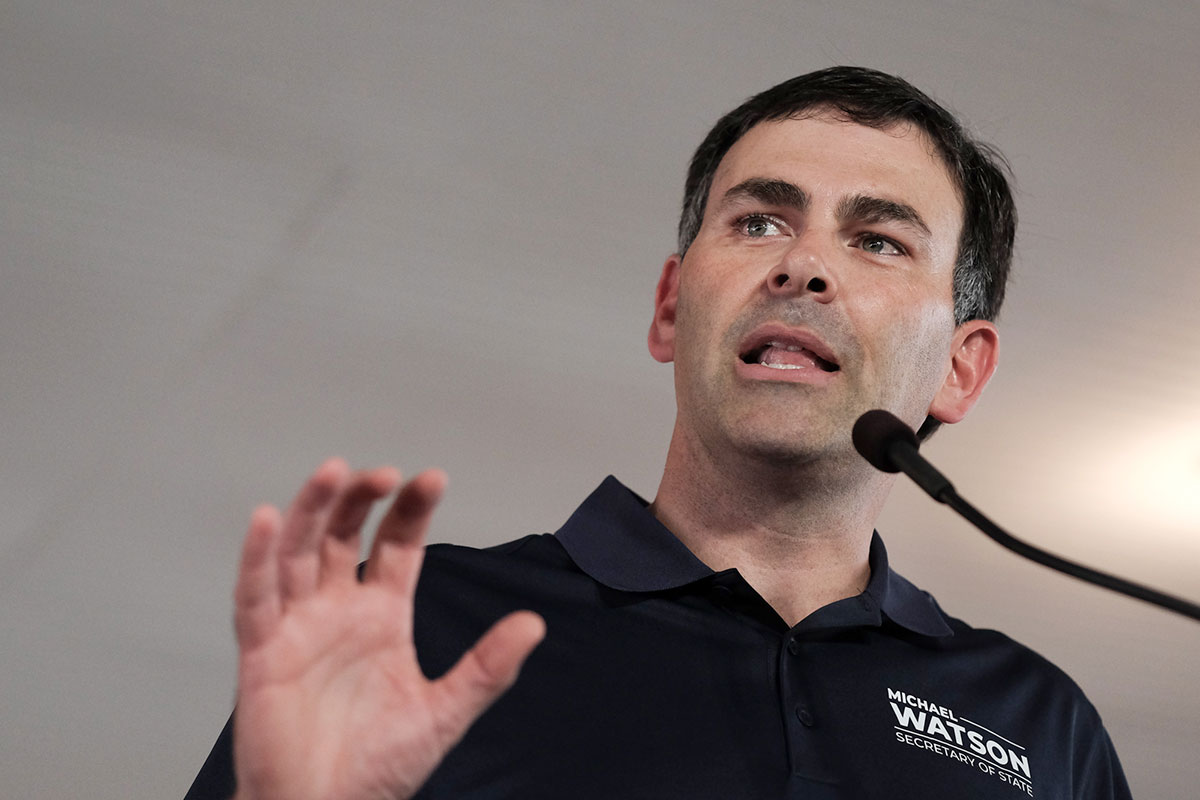
“Our state’s campaign finance laws are much weaker than most states with numerous loopholes in the current reporting requirements and inefficiencies in the system,” the secretary of state wrote in a Dec. 11 opinion article. “Our outdated and convoluted process provides for inadequate enforcement due to the separation of responsibilities, lacks standardization, makes it easy to hide dark money, and needs technological updates to provide greater clarity for citizens and those seeking office.”
Currently, most campaign finance filings are available only as PDFs—often in unsearchable formats. Some are uploaded as low-quality scans that are sometimes sideways and difficult to read. So, if a person wants to find out how much a politician received from executives at a certain company, for example, they either have to manually search all the filings by hand or download all their filings and use a special program to make the PDF searchable. This can turn a process that would only take seconds or minutes in other states into an hours-long odyssey.
“After numerous issues with the current online filing system, I made a difficult decision to prevent online submissions until we could install a reliable system worthy of Mississippians’ trust,” Watson said in the Dec. 11 article. “Modernizing reporting technology with an online filing platform and search function would ensure Mississippians have easier access to the data on the reports. Updating the archaic system creates greater transparency and accountability, in addition to making the filing system more efficient and effective in operation.
Right-to-Contraception
Some Democratic legislators, including Rep. Zakiya Summers of Jackson, are working on legislation that would codify Mississippians’ right to use contraception. She said she and her colleagues want to ensure Mississippians can use contraception since Congress has not been able to codify protections under federal law.
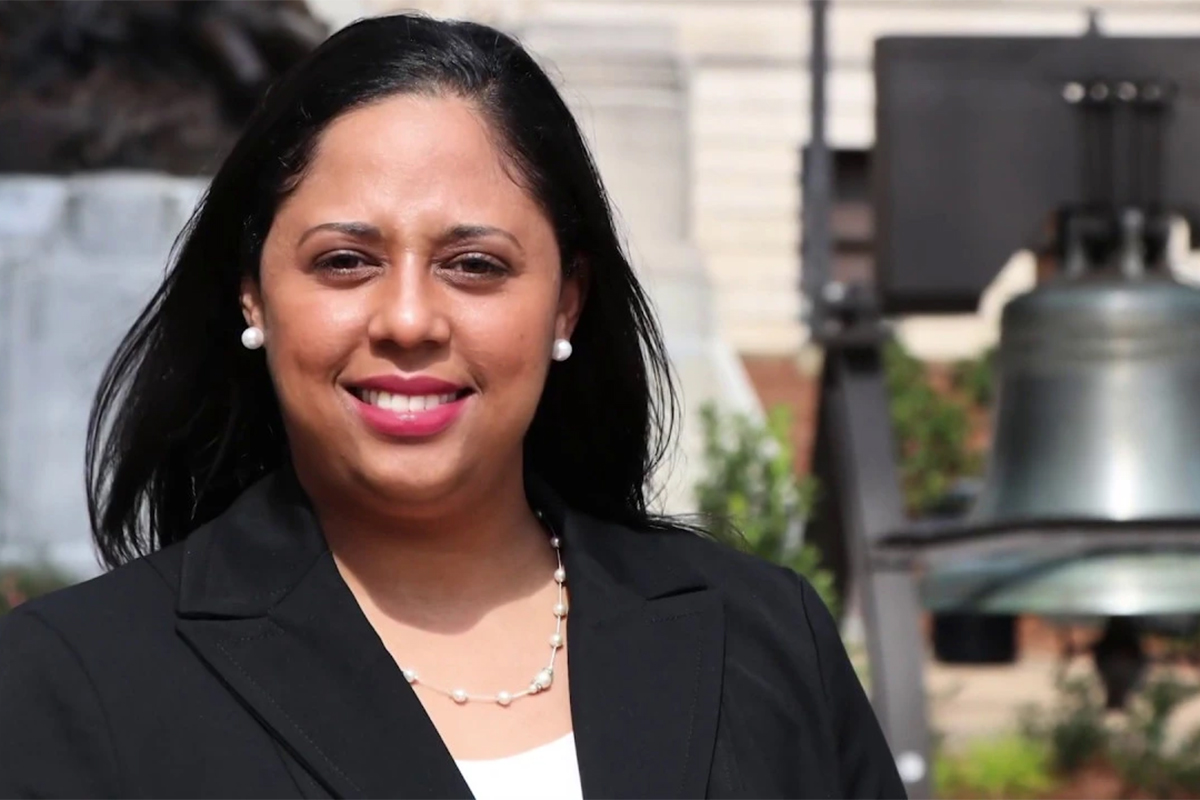
“I think what we’re doing with this legislation is a proactive approach, so instead of being reactionary to what may or may not happen, we want to be proactive in saying that Mississippians deserve the access, the availability and the right to contraception, and that that right shouldn’t be taken away,” the Jackson lawmaker told the Mississippi Free Press on Oct. 27.
The effort comes in the wake of the Republican-led Legislature’s successful bid to overturn Roe v. Wade and federal abortion rights using a 2018 bill an out-of-state Christian legal group wrote. The case, Dobbs v. Jackson Women’s Health Organization, forced the closure of the state’s only abortion clinic and led to the enactment of near-total abortion bans in Mississippi and across the country.
Mississippi Future Caucus
The Mississippi Future Caucus is a bipartisan group of Millennial and Gen Z lawmakers whose goals this session include improving workforce development, tackling the digital divide to increase broadband access, retaining talent and ending the sales tax on groceries.
“One (example) is investing in the local economy, both the creative economy as well as the ability for small businesses to start and thrive,” Future Caucus CEO Layla Zaidane told the Mississippi Free Press on Jan. 10 “So what does it look like for that type of local economy to be really vibrant and somewhere where a younger person or somebody starting their family would want to live?”
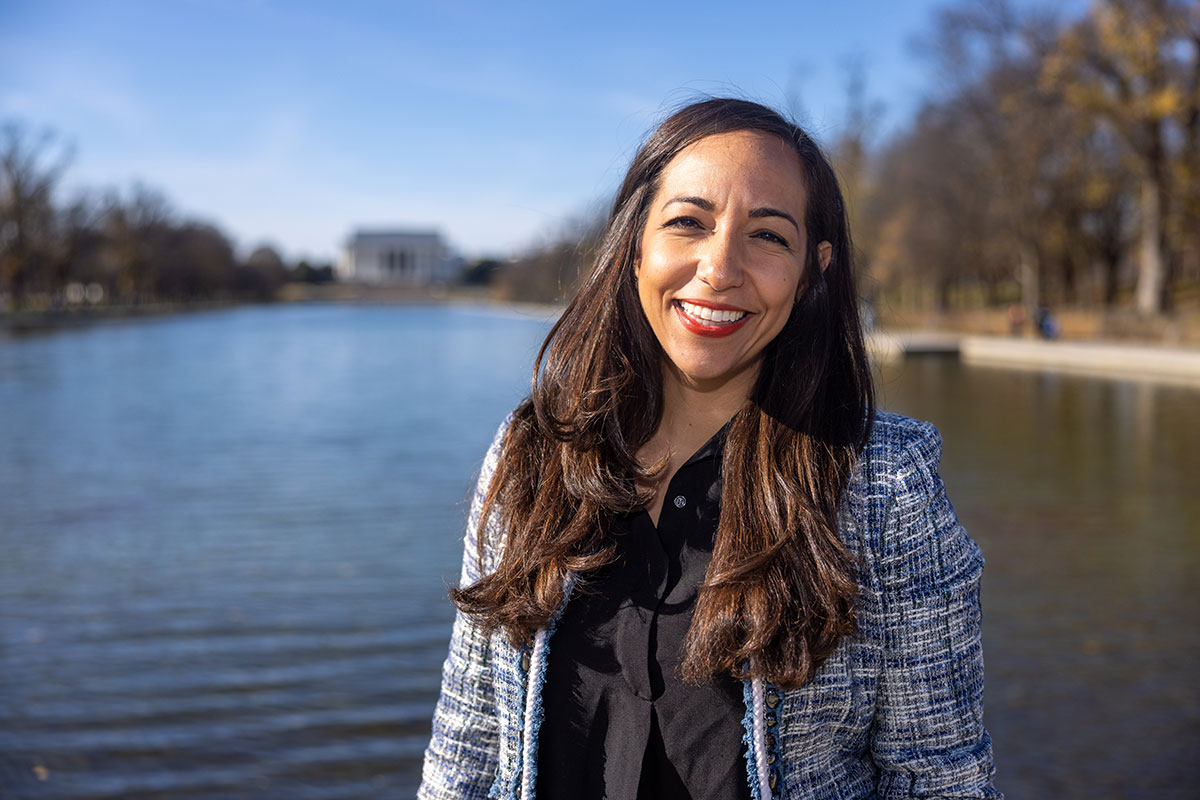
Rep. Jeramey Anderson and Rep. Shane Barnett are the co-chairs. The coalition is the state’s branch of the national Future Caucus, which includes over 1,800 lawmakers from across 33 states.
Zaidane said the organization’s main mission is to connect Democratic, Republican and independent lawmakers to decrease partisanship in government.
Human Rights
Mississippi Human Rights Campaign State Director Rob Hill says the group helped introduce legislation that would add to the state’s hate-crime law. House Bill 364 would penalize people who commit felonies or misdemeanors based on the victim’s “actual or perceived” race, ancestry, ethnicity, religion, disability, sexual orientation, gender identity or nationality.
The anti-hate crime legislation has bipartisan sponsors, he added.
“We have for several years introduced a measure, we will this year, to open up the code section in our hate crime law in MS to add disability, sexual orientation and gender identity to bring this up to the federal standard so (that) local law enforcement can investigate crimes that they believe are hate crimes or bias-motivated crimes,” Hill told the Mississippi Free Press on Jan. 8.
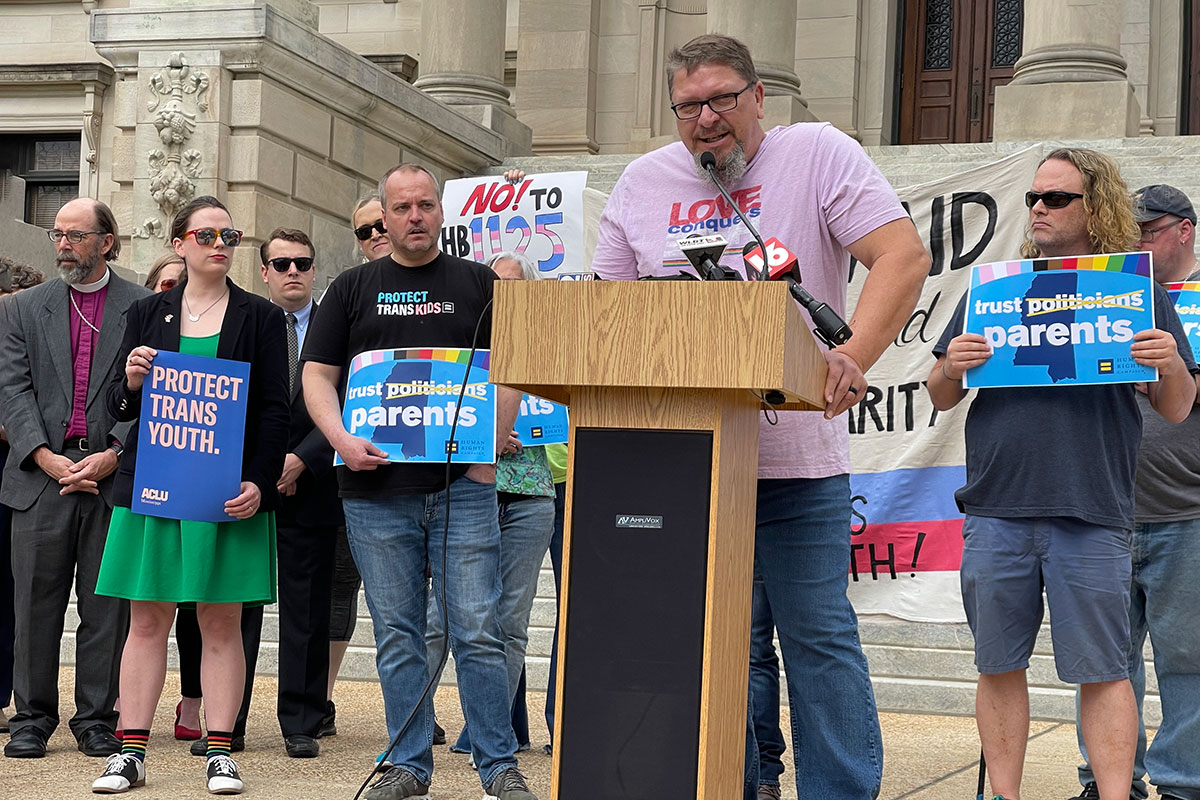
Mississippi and about half of the other 50 states don’t have “comprehensive nondiscrimination protections,” Hill said, adding that he wants state legislators to pass equality laws to ensure LGBTQ+ Mississippians feel safe in their state. He said people have introduced the nondiscrimination bill in previous legislative sessions, but state leaders did not pass it into law.
The American Civil Liberties Union reported that, in 2023, lawmakers around the country introduced 510 bills that discriminated against LGBTQ+ people, including 25 from Mississippi.
On Jan. 17, Mississippi Republicans introduced House Bill 176, which would legally require educators to out transgender and nonbinary students to their families. The proposed bill would force educators to tell a student’s family if the student identifies with pronouns or a gender not listed on the child’s birth certificate and if they participated in “sex-segregated” activities “that do not align with a child’s sex assignment at birth.”
“We’re going to do everything we can to push back against any legislation that is intended to roll back progress or further discriminate against LGBTQ+ people,” Hill said of the Human Rights Campaign.


